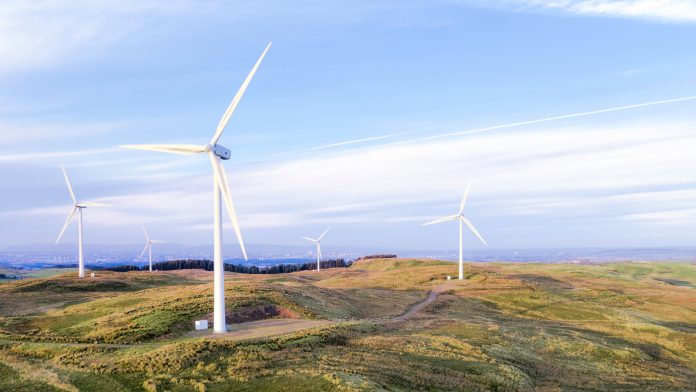Major investment from ESRC has boosted the role social sciences will play in helping the UK reach its net zero goals.
The sizable investment – in an environmental leadership team – worth £6.25m, will help facilitate the involvement of the UK’s world-leading social science expertise in interdisciplinary environmental science research and reaching net zero goals.
Institutional, community and individual behavioural change will be essential to reaching net zero by 2050. The team will enable the development of solutions to help reach these targets as well as achieving environmental, biodiversity and sustainability goals.
Environmental leadership team
The novel team will integrate world-leading scientists alongside national and local organisations. This will serve to demonstrate the skills and insights of social scientists when it comes to research, policy-making and action.
Their core objective is to cultivate new ideas and solutions founded upon evidence, data and expertise to strengthen policy and decision makers across the UK.
The cooperative climate and environment social science programme will be headed by the universities of Exeter and Surrey and will include participation from the Universities of Bath, Leeds and Sussex, as well as the Natural Environment Social Research Network (Natural Resources Wales, NatureScot, Natural England, Environment Agency and Forest Research).
There will also be involvement from other UK and international universities, local councils, energy and water companies, the National Trust, devolved governments, and science centres.
Collectively, the group will make sure that the UK takes a world lead in understanding how to attainthe human and institutional change necessary to meet net zero and other critical environmental, biodiversity and sustainability goals.
Behavioural change needed for net zero
The UK Climate Change Committee made it clear in their 2021 progress report to parliament that actions from businesses, consumers, workers, households, and citizens are essential to achieve the net zero target.
The International Energy Agency’s ‘net zero by 2050: a roadmap for the global energy sector’ 2021 report also emphasised the significance of behavioural change in realising net zero goals: “Behaviour change plays a role in almost two thirds of the emissions reductions. Most of this comes through consumer adoption of low-carbon technologies such as electric cars, but 8% of total emissions reductions come from directly changing practices such as reduced business flights.”
Interdisciplinary efforts are essential
Economic and Social Research Council’s (ESRC) Interim Executive Chair, Professor Alison Park, said: “The UK government has set a national target of carbon neutrality by 2050, and an interim target to cut emissions by 78% by 2035. Tackling the climate and ecological crisis requires social science research insight, leadership and coordination across disciplines to catalyse the change required.
“ESRC is investing in this new world-leading social science and interdisciplinary team of experts to provide leadership for climate and environmental social science research at a crucial time.
“Their work will support the transition to a sustainable and biodiverse environment, and a net zero society. ESRC will work with them to develop further investments within this important thematic area.”
Social science takes centre stage
ACCESS team lead, Professor Patrick Devine-Wright, who is also a Lead Author for the Intergovernmental Panel on Climate Change (IPCC) Working Group III, added: “We are in a climate and ecological crisis, with profound implications for humanity and our planet. Urgent substantial action to reduce greenhouse gas emissions is now required involving profound institutional and behavioural change, as well as socio-technical transitions in all sectors.
“This multi-faceted crisis demands the skills, insights and leadership of social scientists in relation to research, policy-making and action.
“We need to increase the accessibility, agility and use of social science, as well as further develop the skills required to support decision makers, and with this excellent investment and team the UK can lead the way.
“Critically, environmental solutions are often framed as technological or ecological fixes, underestimating the importance of social aspects.
“Championing environmental social science, in the context of current societal disruptions such as COVID, has the potential to open up new solutions that effectively and fairly address environmental problems and limit the negative impacts of climate and environmental change in the critical years ahead.”
The ESRC investment is due to begin in February 2022 and will run for five years.









